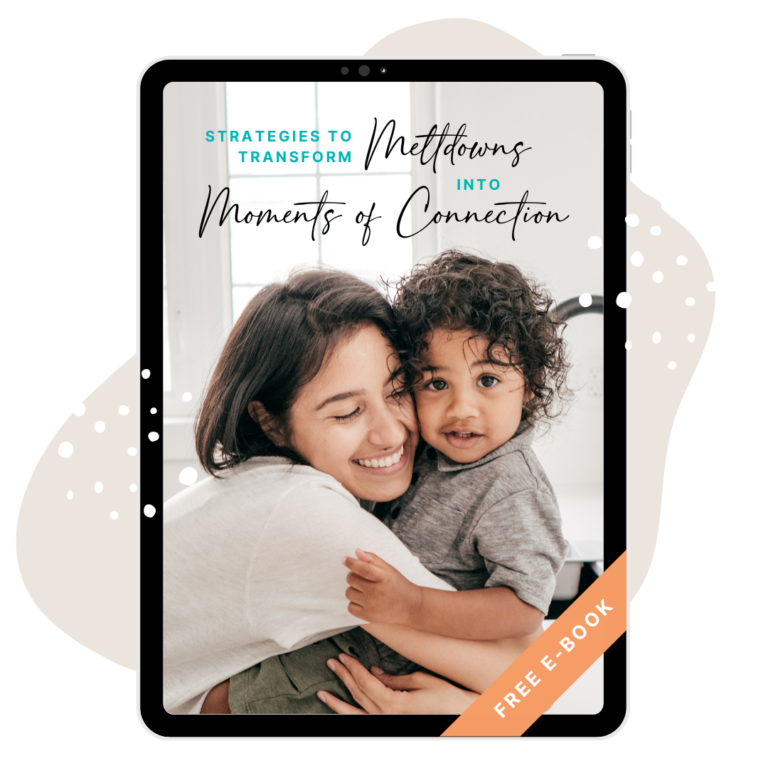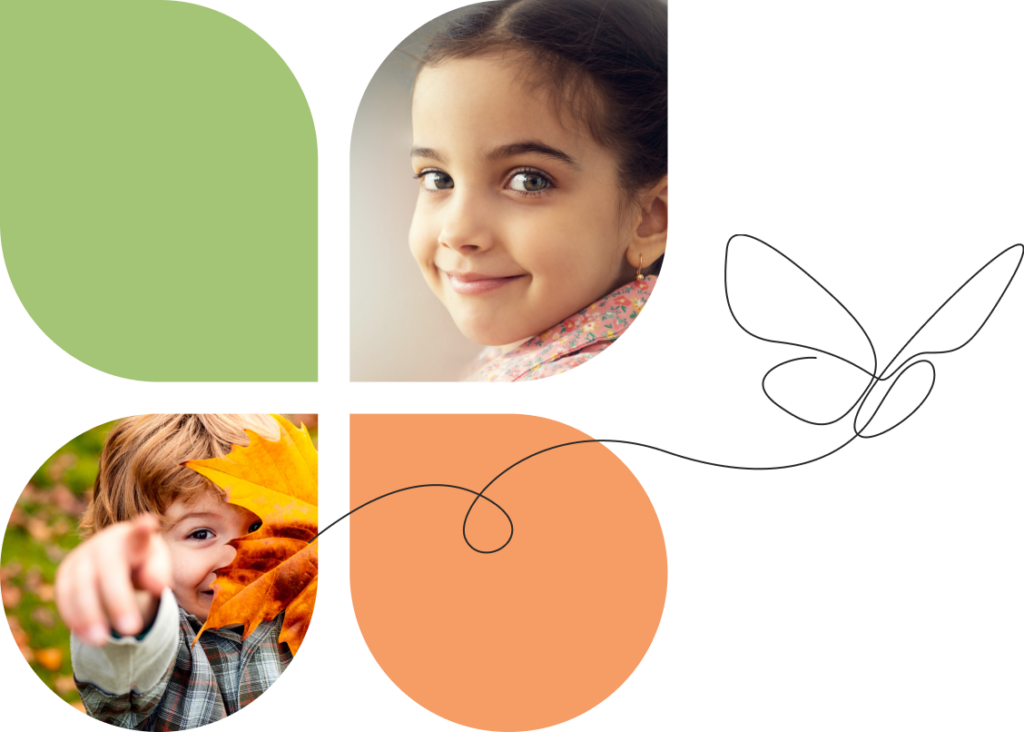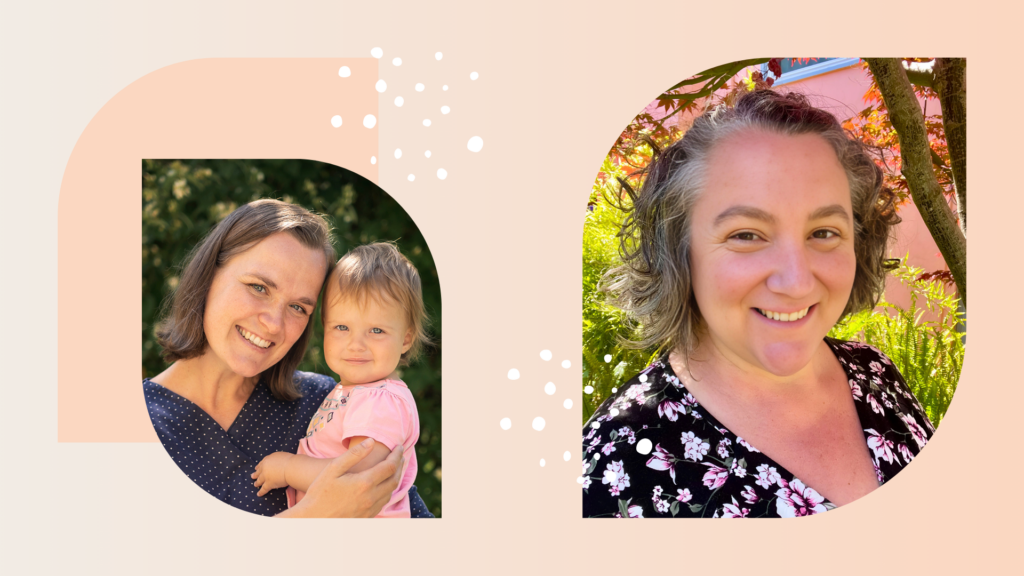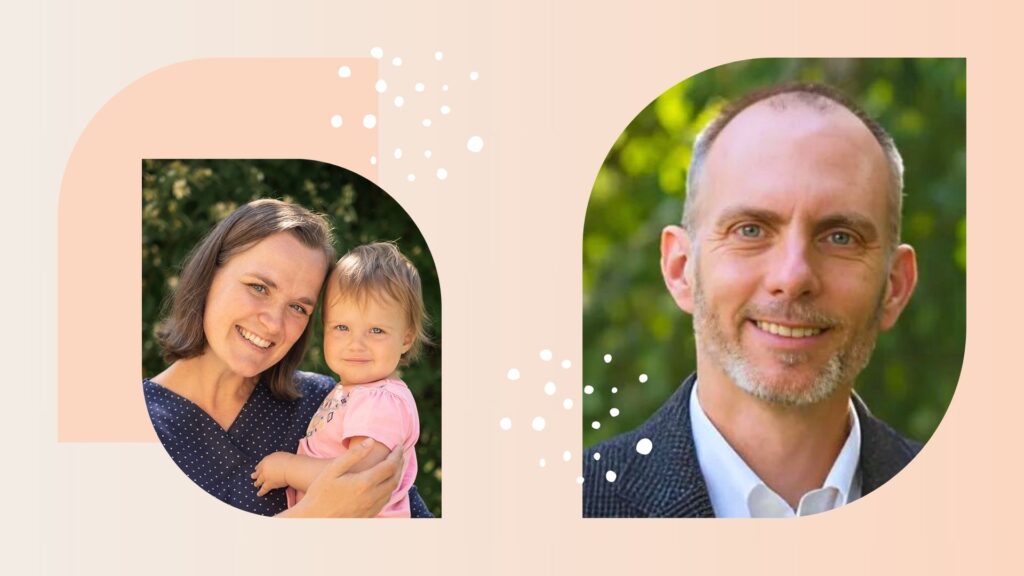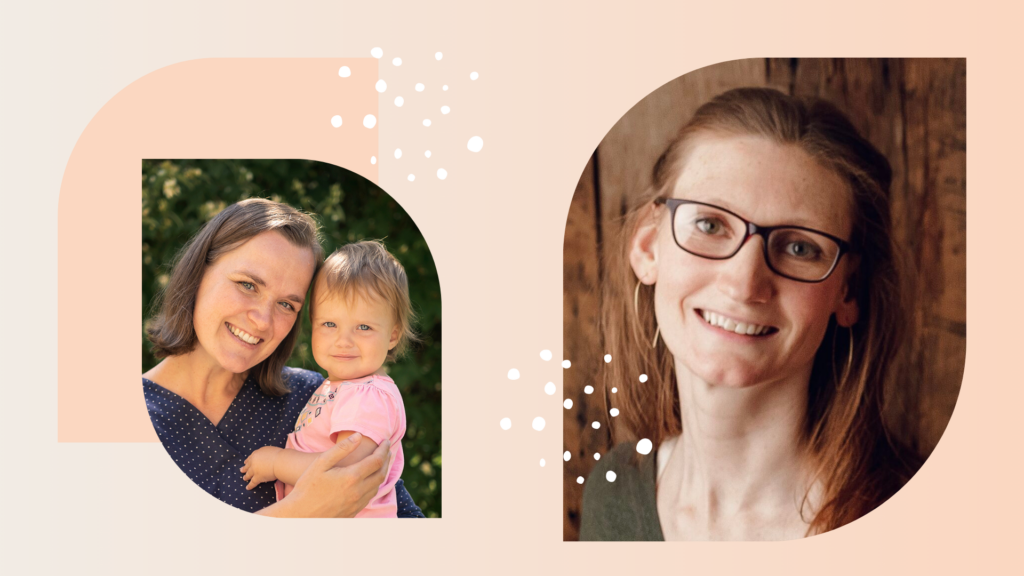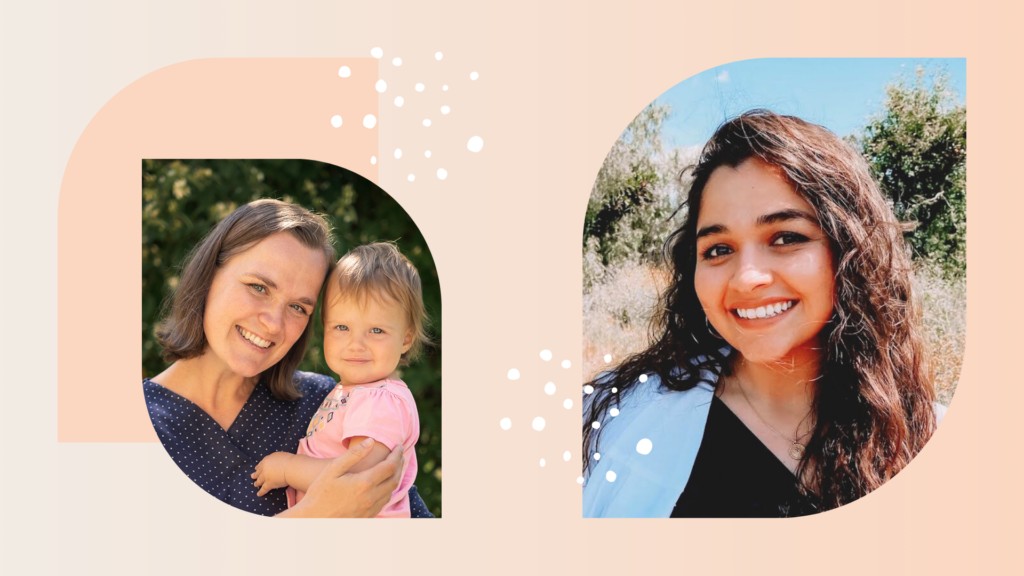Transitions are a big part of life—especially for children. In our recent live event, Kayla Tyschen shared her invaluable insights on how caregivers can help children handle both every day and major transitions with more ease. From emotional regulation to practical strategies, Kayla’s approach is all about helping children feel secure while they adapt to change. The whole LiveTalk is available in the Childhood Potential Club library.
Understanding Emotional Transitions
Kayla kicked off by highlighting how even the smallest transitions—like getting dressed or leaving the house—can feel huge to children. She drew on her own experiences of moving between countries with her family, showing how frequent changes in environment can impact a child’s sense of security and routine.
But here’s the key: every child is different. Some kids might breeze through transitions, while others struggle. Kayla stressed the importance of tuning into your child’s unique needs and adjusting your approach based on their temperament, past experiences, and developmental stage.
A Framework for Supporting Transitions
Kayla introduced a helpful framework for understanding why transitions are tough for kids. She referenced Dr. Dan Siegel’s work on emotional regulation and Dr. Stephen Porges’ polyvagal theory, which explains how the nervous system affects emotional responses.
At the heart of her approach is the “window of tolerance”—that sweet spot where children can handle emotions, solve problems, and respond calmly. Kayla explained how caregivers can help children stay in this zone (or bring them back into it) with co-regulation—a supportive practice where adults help kids manage their emotions by staying calm and connected.
Tools for Emotional Regulation
One of Kayla’s biggest takeaways? Relationship safety is key. When children feel connected and supported, they’re better able to manage transitions. She shared practical tools like sensory supports, keeping the environment consistent, and using play to ease the transition process.
Kayla also encouraged caregivers to focus on their own emotional well-being. Practices like deep belly breathing and mindfulness help adults regulate their own nervous systems so they can better support their children. And when major life changes—like a move or loss—occur, Kayla reminded us of the importance of seeking community and professional support.
A Visualization Exercise for Self-Compassion
To wrap up the session, Kayla led a powerful visualization exercise to foster self-compassion. This practice helped caregivers reflect on their own emotional responses to transitions, encouraging a deeper sense of empathy for both themselves and their children.
This exercise isn’t just about calming your nerves—it’s about equipping yourself to respond with more understanding and patience when your child is struggling through a difficult change.
Addressing Major Life Transitions
Kayla didn’t shy away from the big stuff. She offered advice on navigating major transitions, like welcoming a new sibling or dealing with parental separation. Her message was clear: strong relationships and consistent emotional support can provide a sense of stability for children, even during the most challenging times.
Discover practical, easy-to-implement strategies to gently navigate your child’s emotional outbursts, while maintaining your own sense of calm.
Conclusion
At the end of the session, Kayla reminded us that transitions are inevitable. But with the right strategies, empathy, and support, caregivers can make a big difference in how their children experience these changes.
Kayla Tyschen’s insights gave us a fresh perspective on handling transitions, showing how we can help our children thrive—not just survive—through life’s many changes.
About Kayla Tychsen
Kayla is a Certified Parenting Coach and Educator, and a Montessori enthusiast. Kayla co-founded two elementary schools in the Middle East that serve refugee populations. She has training in Trauma-Informed Classrooms and Resilience in Children and has certifications in Social Emotional Learning and Motivational Interviewing. She holds a 0-3 certificate from AMI and works with The Montessori Society for Education and Development (Montessori for Lebanon). Kayla is currently completing a certification in Interpersonal Neurobiology under Doctor Dan Siegel. Kayla is passionate about helping parents have more confidence, connection and joy in parenting through her one-on-one and group coaching programs, workshops, and online resources.
